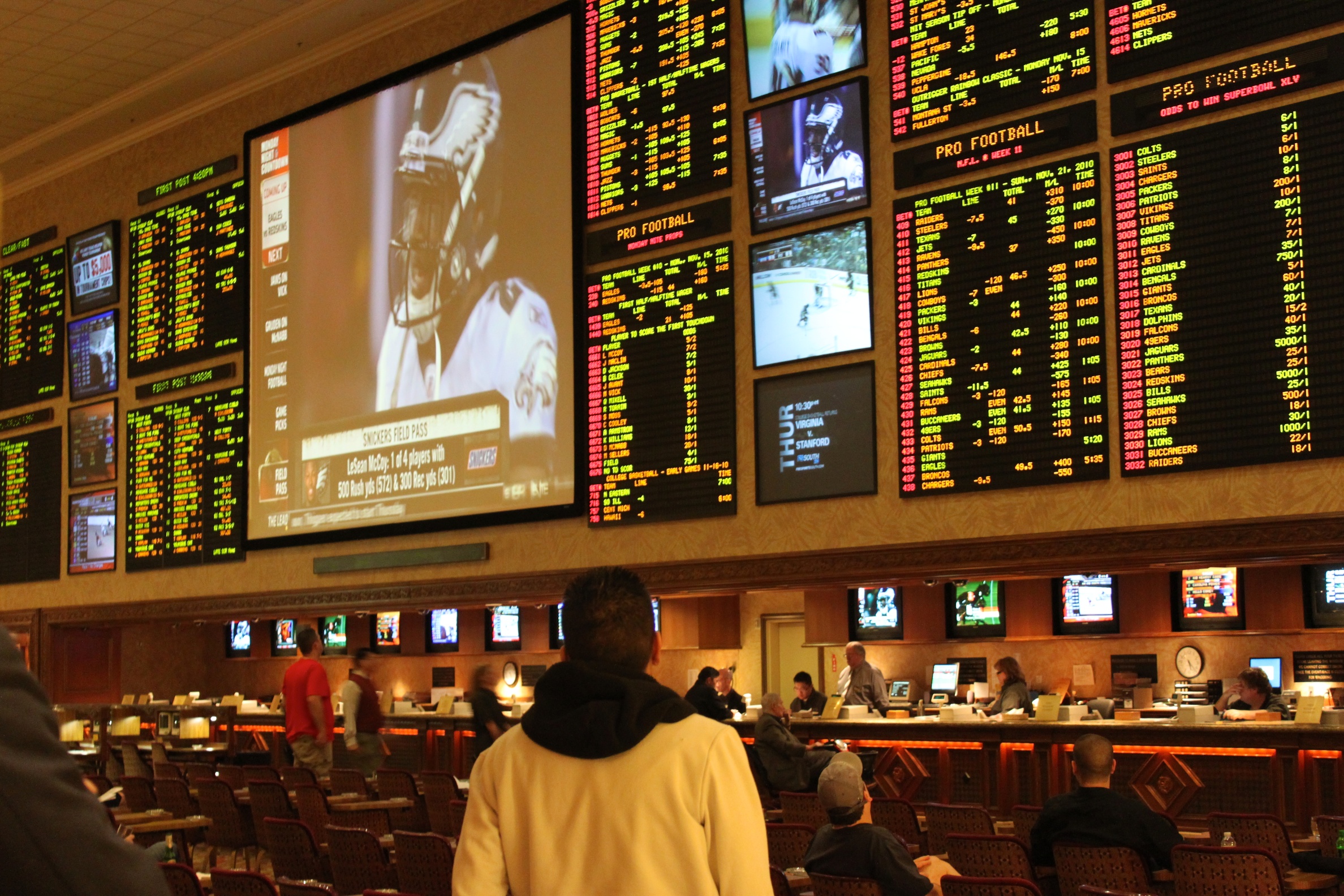More than half of college and even high school students gamble now, and one out of every 5 college students admits to spending some of his student loans or financial aid on sports betting. Many college athletic departments even partner with sportsbooks to promote more gambling to students at the college.
The highest percentage of victims are young men and their families.
Until recently, the NFL strictly kept gambling out of football, but now it has partnered with online gambling companies to tap into the profits and boost television ratings. NFL Commissioner Roger Goodell said that the NFL seeks to ensure “the action on the field is genuine and without any outside influence,” but three dozen players and league officials have already been found in violation of the rules.
Holding the Super Bowl in Las Vegas this year injected more gambling into the sport. While players were told not to place any bets while there, it is impossible not to walk past a slot machine in that city.
14 out of 15 experienced oddsmakers told the Las Vegas Review-Journal that they felt Las Vegas would never host the Super Bowl. This is like holding a fireworks competition in a dry, flammable forest despite warnings about the high risk of fire.
Studies show that 16% of gambling addicts attempt suicide, more than 20 times the rate in the general population and the highest of any addiction. Today young adults are compulsively betting through apps on their phones, including while in the shower, while driving, and in the middle of the night.
Micro-betting entices sports fans to bet live on the next play, but they are competing against predictive AI tools that know the odds far better than a fan can. Scientific evidence shows that young adults do not have a fully developed ability to assess risk-benefit until age 25. It is time to rein this in by urging everyone to delete their gambling apps from their phones instead.






